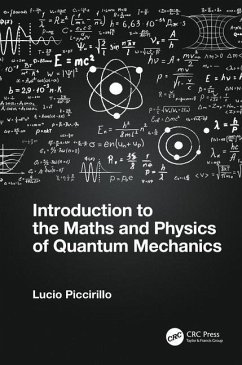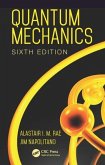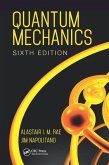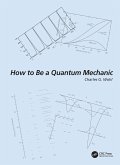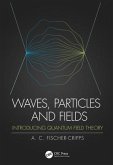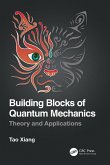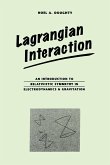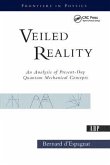Introduction to the Maths and Physics of Quantum Mechanics details the mathematics and physics that are needed to learn the principles of quantum mechanics.
It provides an accessible treatment of how to use quantum mechanics and why it is so successful in explaining natural phenomena. This book clarifies various aspects of quantum physics such as 'why quantum mechanics equations contain "I", the imaginary number?', 'Is it possible to make a transition from classical mechanics to quantum physics without using postulates?' and 'What is the origin of the uncertainty principle?'. A significant proportion of discussion is dedicated to the issue of why the wave function must be complex to properly describe our "real" world.
The book also addresses the different formulations of quantum mechanics. A relatively simple introductory treatment is given for the "standard" Heisenberg matrix formulation and Schrodinger wave-function formulation and Feynman path integrals and second quantization are then discussed.
This book will appeal to first- and second-year university students in physics, mathematics, engineering and other sciences studying quantum mechanics who will find material and clarifications not easily found in other textbooks. It will also appeal to self-taught readers with a genuine interest in modern physics who are willing to examine the mathematics and physics in a simple but rigorous way.
Key Features:
Written in an engaging and approachable manner, with fully explained mathematics and physics conceptsSuitable as a companion to all introductory quantum mechanics textbooksAccessible to a general audience
It provides an accessible treatment of how to use quantum mechanics and why it is so successful in explaining natural phenomena. This book clarifies various aspects of quantum physics such as 'why quantum mechanics equations contain "I", the imaginary number?', 'Is it possible to make a transition from classical mechanics to quantum physics without using postulates?' and 'What is the origin of the uncertainty principle?'. A significant proportion of discussion is dedicated to the issue of why the wave function must be complex to properly describe our "real" world.
The book also addresses the different formulations of quantum mechanics. A relatively simple introductory treatment is given for the "standard" Heisenberg matrix formulation and Schrodinger wave-function formulation and Feynman path integrals and second quantization are then discussed.
This book will appeal to first- and second-year university students in physics, mathematics, engineering and other sciences studying quantum mechanics who will find material and clarifications not easily found in other textbooks. It will also appeal to self-taught readers with a genuine interest in modern physics who are willing to examine the mathematics and physics in a simple but rigorous way.
Key Features:
Written in an engaging and approachable manner, with fully explained mathematics and physics conceptsSuitable as a companion to all introductory quantum mechanics textbooksAccessible to a general audience

